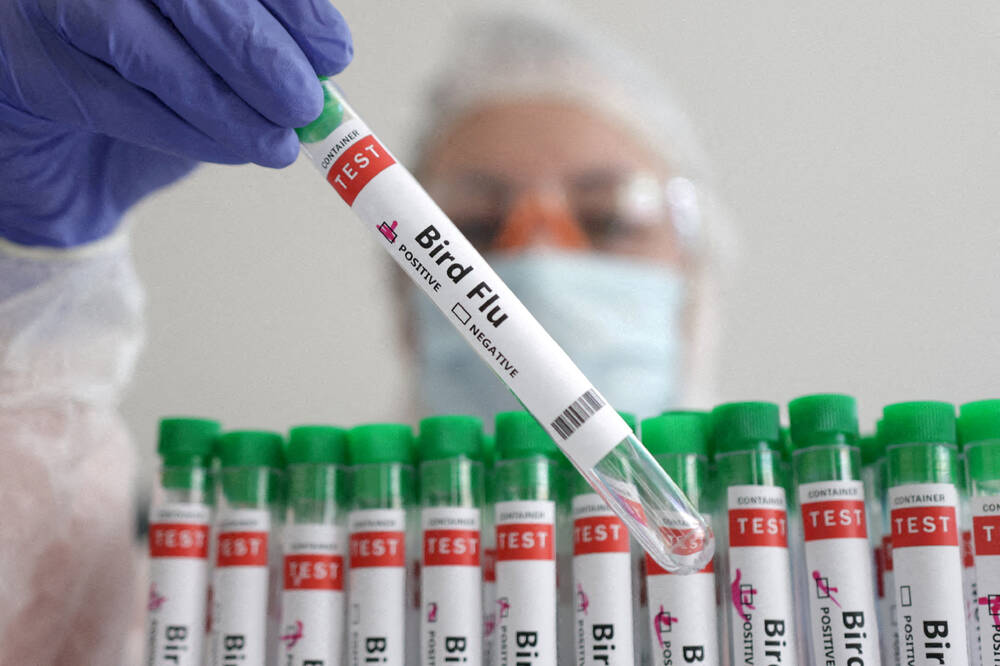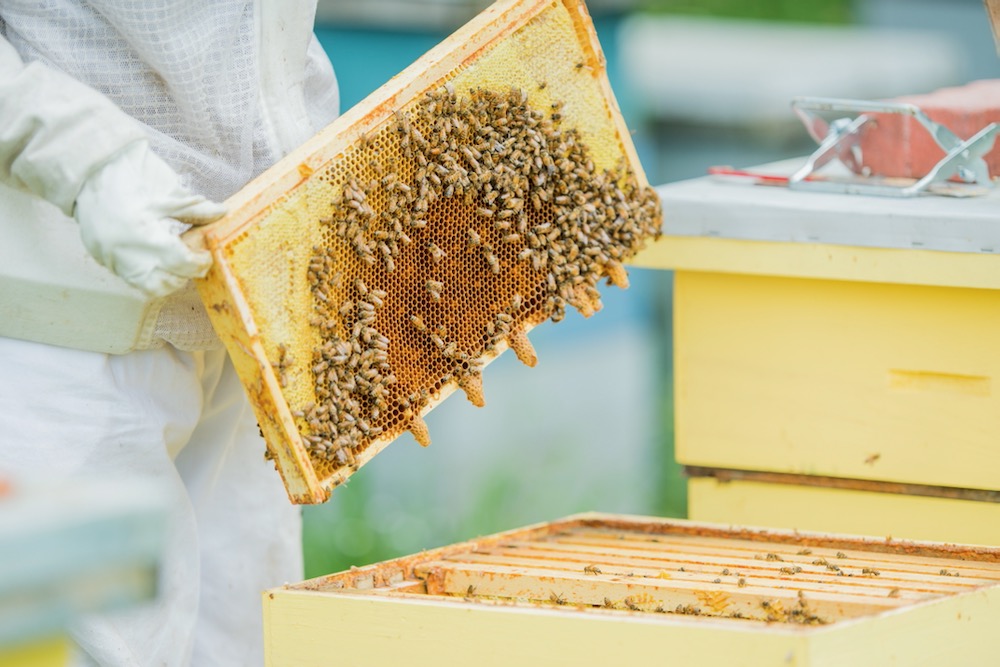U.S. government not stockpiling bird flu vaccine

While the United States government continues to monitor the spread of bird flu in the country, the Biden administration said it won’t order the stockpiling of a vaccine for humans. U.S. health officials stressed the chances of a human contracting the H5N1 variant of avian influenza remain very low.
The U.S. Centers for Disease Control and Prevention reported on Dec. 10, that bird flu has been found in 774 dairy herds in 16 states. Meanwhile, the U.S. Department of Agriculture ordered testing of the country’s milk supply starting the week of Dec. 16.
Read Also


Canadian honey production down in 2024
Canadian honey production was down by 18 per cent in 2024 despite an increase in the number of beekeepers and colonies.
There have been concerns raised about any possible future federal provision of a bird flu vaccine by the incoming Trump administration. Especially with noted anti-vaccine advocate Robert F. Kennedy set to become the country’s next Secretary of Health. Also, Kennedy is said be a strong proponent of consuming raw milk and there are fears that as secretary, he could end nation-wide testing for bird flu in all milk.
To date, 58 people in the U.S. have contracted bird flu with nearly all of them having contact with poultry or dairy cattle infected with the disease. There have been two instances of people not involved in such agricultural operations who became ill with bird flu – an adult in Missouri and a child in California.
Although it has not been determined how the California child got bird flu, the CDC said there’s no evidence of any human-to-human spread of the H5N1 virus.
Added to that, remains unclear as to how a British Columbia teenager contracted bird flu. Canadian health officials said the teen, who was hospitalized, did not have any clear contact with infected animals.
The Canadian Food Inspection Agency reported that while bird flu has been found in the country’s poultry, it hasn’t been diagnosed in any dairy cattle.
Source: Farmtario.com

